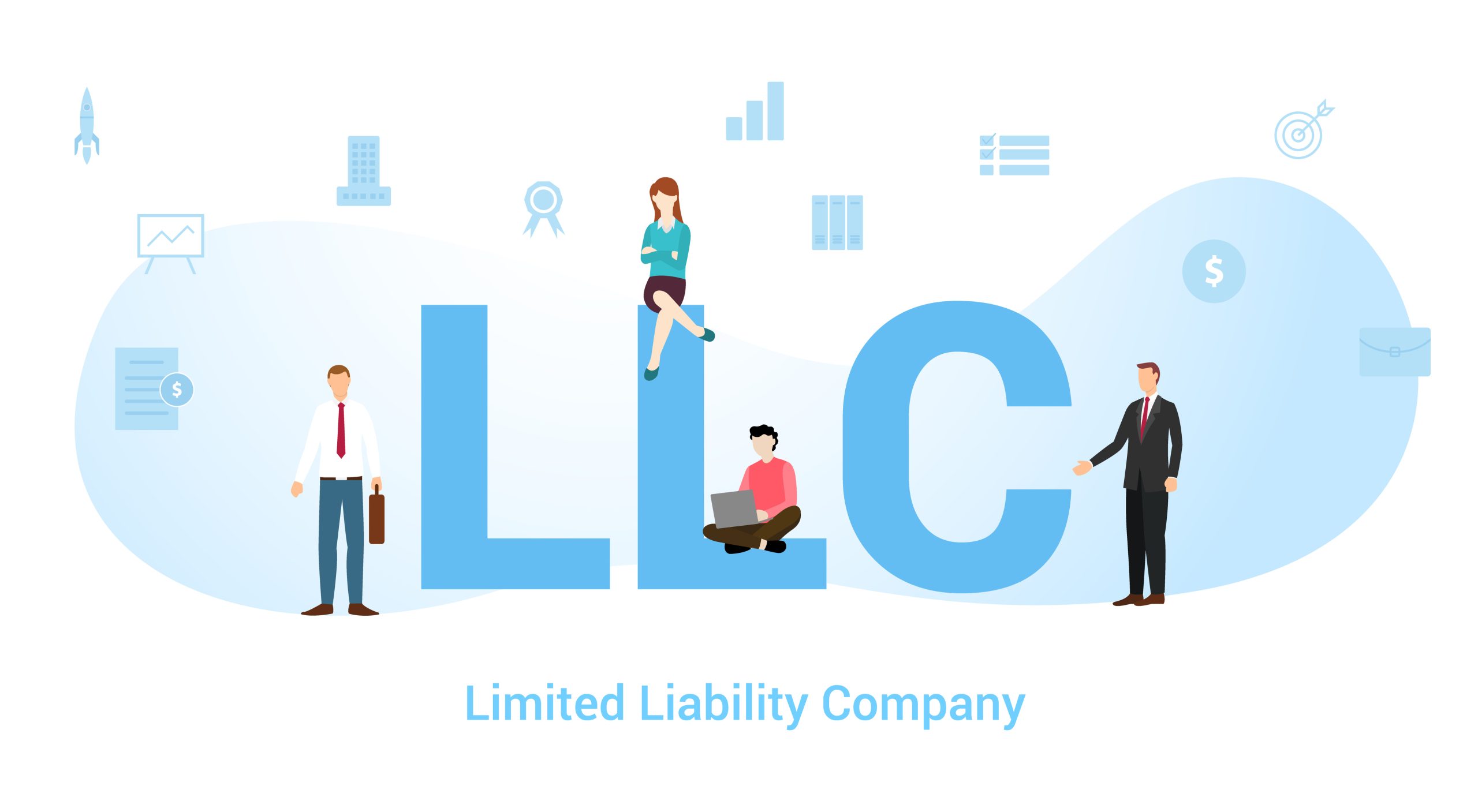When you have a child with special needs, estate planning requires special consideration. You'll need…

Benefits Of Including a Family Limited Liability Company in an Estate Plan
A limited liability company (LLC) sits between a partnership and a corporation. In addition to accounting benefits, an LLC is also a powerful estate planning tool for the same reasons. As part of estate planning, a Family LLC makes it possible to transfer assets to children, grandchildren, and other family members at reduced rates without being burdened heavily by gift or estate taxes. Using an LLC as part of your estate plan can protect your assets, keep them in your family, and reduce your taxable income.
Why Do I Need a Family LLC?
All fifty states recognize a Family LLC as a legal entity, although each state has regulations governing its formation, running, and taxation. LLC owners (members) receive protection from personal liability in the event of lawsuits, debt, or other claims. This protection shelters, personal property like a home, bank account, investments, and even vehicles. An LLC is subject to fewer state formalities and regulations than a corporation, so members can manage in nearly whatever manner they prefer.
A financial threshold defines the need for an LLC to help lower estate taxes if the estate is more than $12.06 million in 2022. If your estate is below this threshold, your estate planning attorney can help craft an estate plan that focuses on trusts to limit the probate process and estate taxes. While there is no legal reason you cannot create an LLC with fewer means, a trust will not require Family LLC’s initial and annual fees and more intensive reporting procedures.
Establishing an LLC in conjunction with your children permits you to:
- Maintain control over your assets while alive
- Effectively reduce estate taxes due to your children upon inheritance
- Distribute inheritance to your children with less gift tax during your lifetime
How is a Family LLC Structured?
A Family LLC is managed by the parents. The children or grandchildren hold shares in the LLC’s assets without management or voting rights. The parents can distribute, buy, sell, or trade the LLC’s assets, but other members have restrictions regarding the sale of LLC shares, company withdrawal, or membership transfer. While gifting shares to younger members come under the gift tax, significant benefits permit you to gift more while lowering the tax value of your estate.
Upon establishing a family LLC following your state’s legal process, you can transfer assets into the LLC. The management will decide how best to translate the market value of these assets into LLC units of value in much the same manner as stock in a corporation. You are now ready to transfer ownership of LLC units to your children or grandchildren as you desire.
The value of units transferred to non-managing members becomes discounted because the LLC units become less marketable without management rights, which is where tax benefits come into play. The manager of the LLC can often reduce the value of transferring units by as much as forty percent of their market value. In essence, non-managing members may receive an inheritance advance at a lower tax burden than otherwise due to their personal income taxes. Additionally, the overall value of your estate is reduced, lowering the estate tax when you die.
What is Transferred to a Family LLC?
You can transfer almost any asset into a family LLC, but typically they include:
- Property – Titles to land and structures built on that land are transferable; however, check with any mortgage holder before such a transfer if you need their approval.
- Cash – It is permissible to transfer money from personal bank accounts into the LLC and distribute it among the members.
- Personal possessions – You may transfer ownership of stocks, precious metals, automobiles, boats, jewelry, artwork, or other significant collections or belongings into the family LLC.
Upon the death of an LLC, owner, some states require the dissolution of the LLC if there is no specific succession plan. A transfer to another individual upon death as07defined in the operating agreement creates a joint tenancy membership, avoiding the LLC’s dissolution. This transfer builds a revocable trust to hold the LLC membership or a probate process if the LLC goes through court to determine a succession plan.
Asset Protection with Your Family LLC
The key benefit of a business LLC is that the owner is not liable for the company’s debts. The Family LLC also provides the heirs’ protection from creditors in the event of a parent’s default, bankruptcy, or other family obligations. It is not permissible for creditors to go after these assets.
A family LLC can be a powerful tool to manage your assets and pass them to your heirs. You can maintain control over your estate as an LLC manager while providing significant tax benefits to you and your children. Creating a Family LLC for estate planning purposes is complex and requires legal expertise from an Estate Planning Attorney and a financial advisor before formalizing your LLC plan. If you have questions or would like to discuss your estate planning situation, please contact our Heber Springs, Arkansas office at 501-365-3934.



